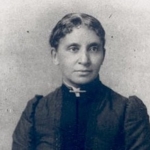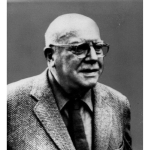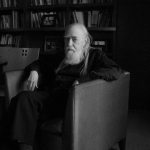I am angry with X, with Y, with Z,
for not being you.
Enthusiasms jump at me,
wagging and barking. Go away.
Go home.
I am angry with my eyes for not seeing you,
they smart and ache and see the snow,
an insistent brilliance.
If I were Psyche how could I not
bring the lamp to our bedside?
I would have known in advance
all the travails my gazing
would bring, more than Psyche
ever imagined,
and even so, how could I not have raised
the amber flame to see
the human person I knew
was to be revealed.
She did not even know! She dreaded
a beast and discovered
a god. But I
know, and hunger
to witness again the form
of mortal love itself.
I am angry with everything that is filling
the space of your absence,
breathing your air.
Psyche,
how blessed you were
in the dark, knowing him in your flesh:
I was wrong! If I were Psyche
I would live on in darkness, and endure
the foolish voices, barking of aeolian dogs,
the desert glitter
of days full of boring treasures,
walking on precious stones till my feet hurt,
to hold you each night and be held
close in your warmth in a pitchblack cave of a room
and not have to wait
for Mercury, dressed in the sad gray coat of a mailman
and no wings on his feet,
to bring me your words.















Comment form: